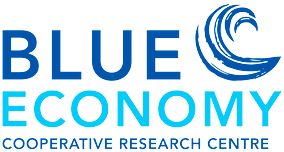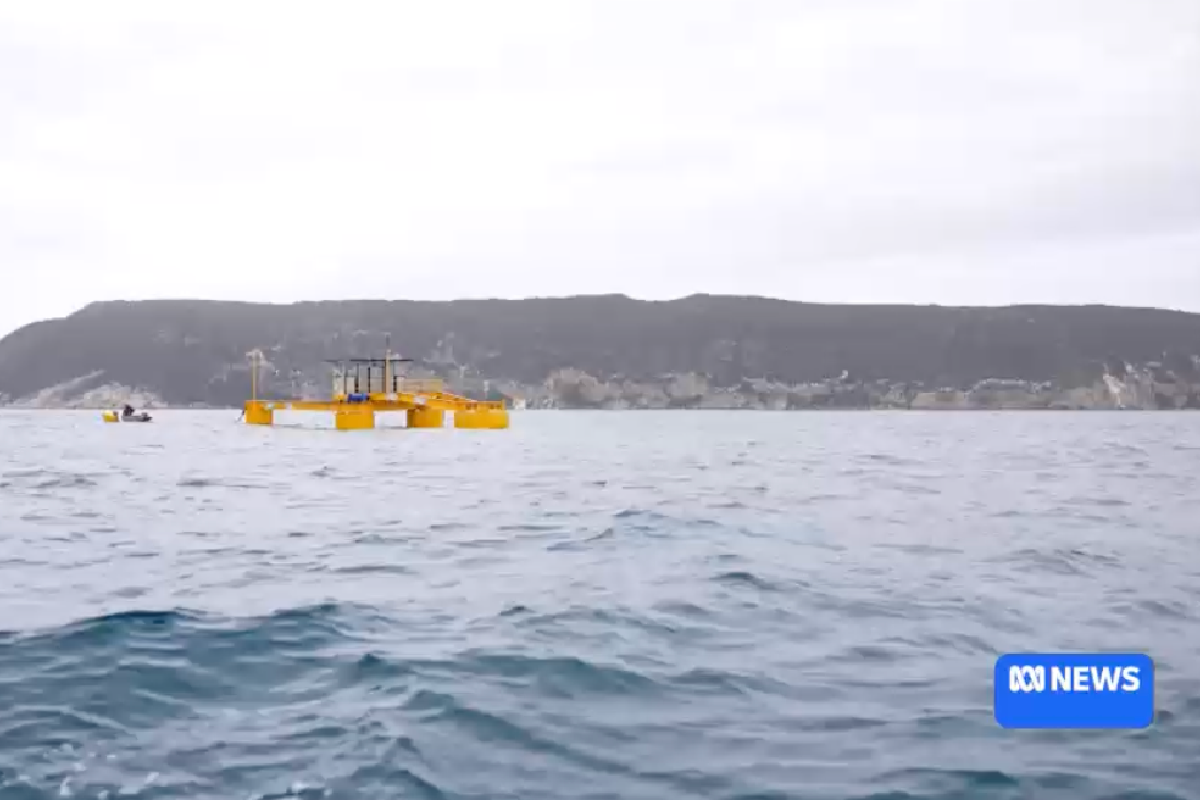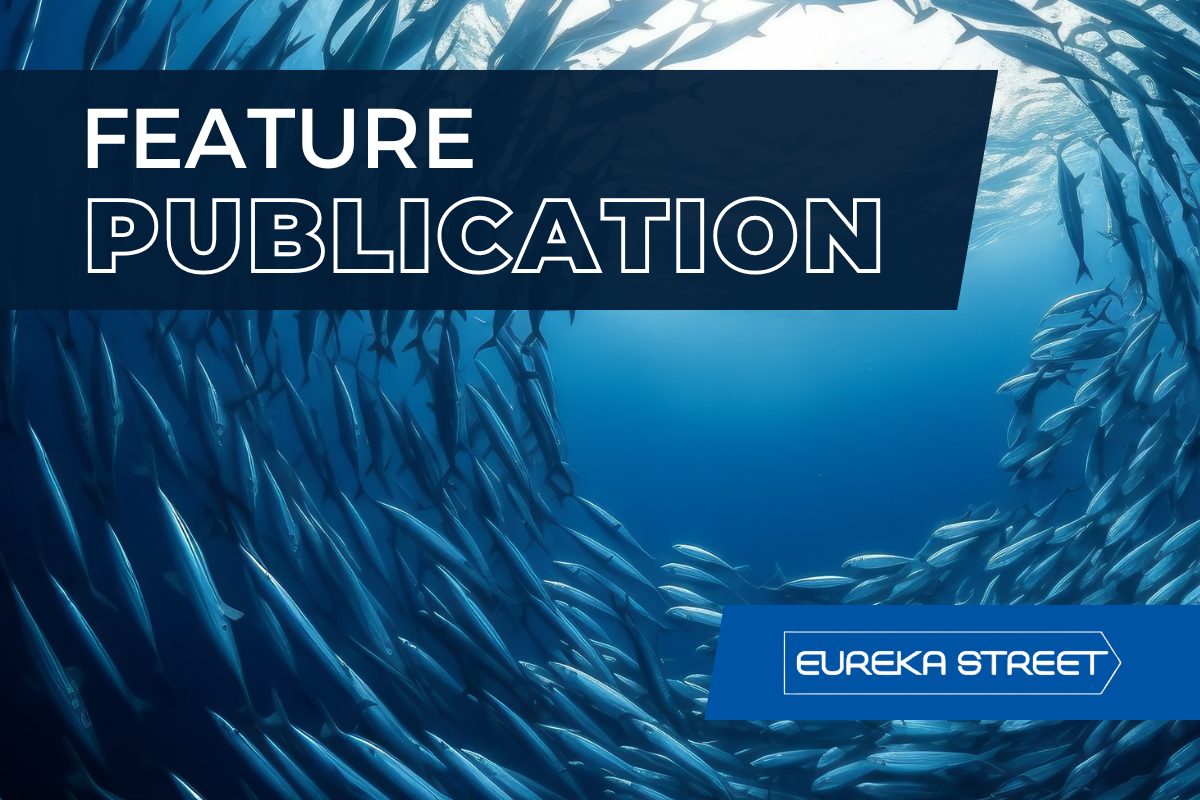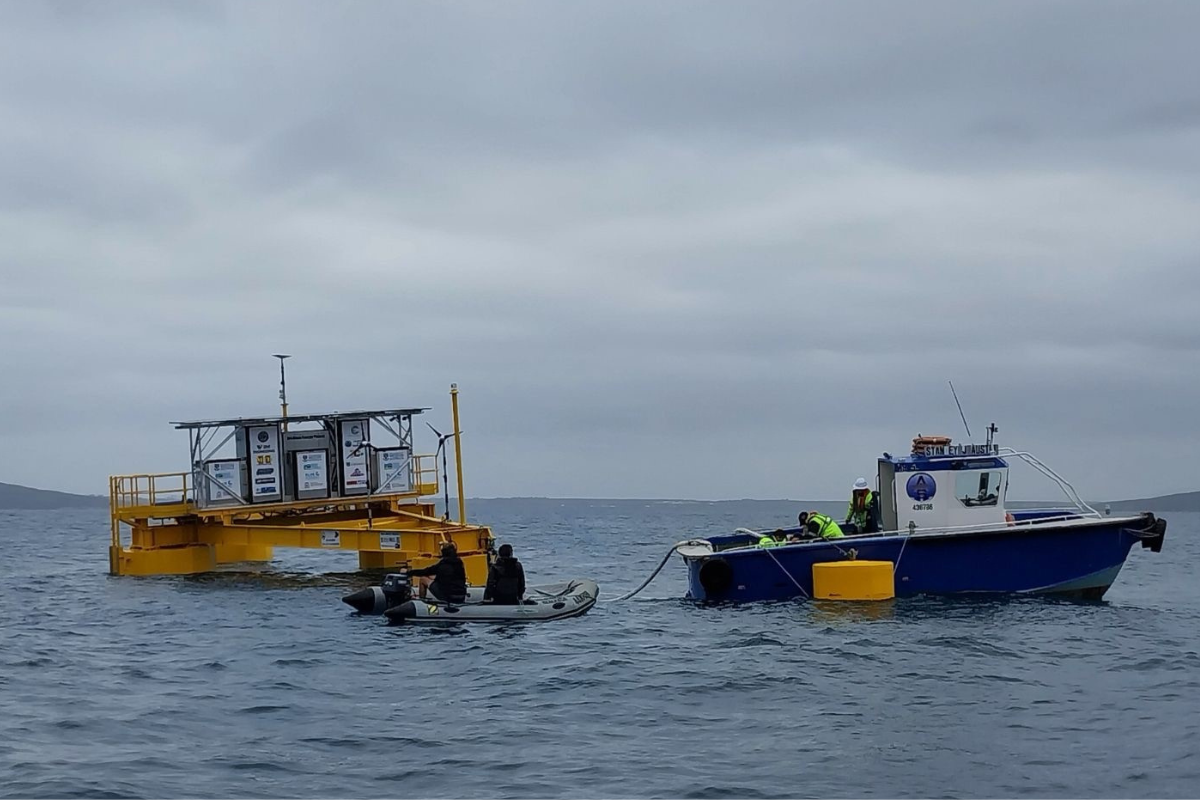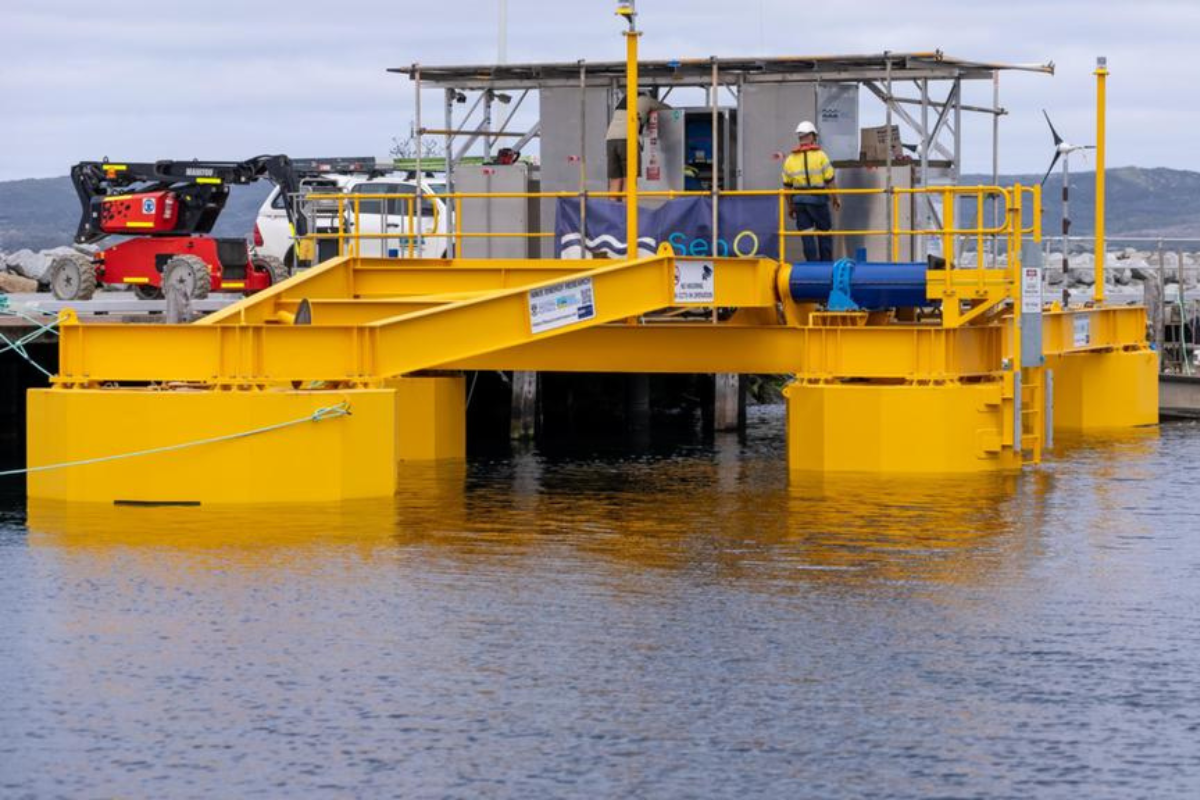Renewable energy projects are central developments in our global aims toward climate change mitigation. This requires significant investment, development, and governance processes that are respectful of place-based cultures, values, and biodiversity.
It is important to fully understand the relevance of social acceptance in our journey towards the decarbonisation of energy systems. There has been very varied social acceptance associated with the siting of offshore wind developments and the associated infrastructure, as well as social and ecosystem impacts over time.
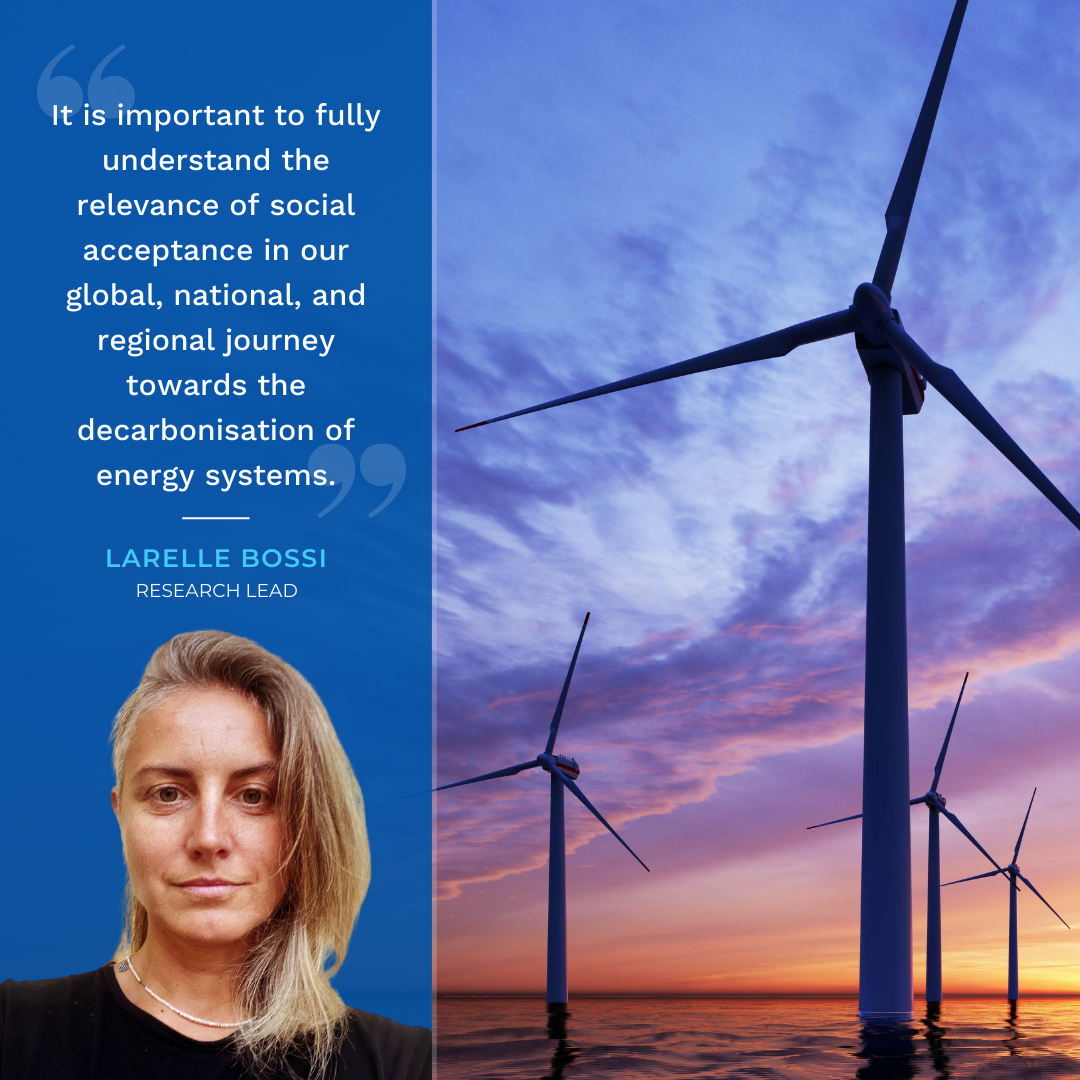
In the global political pursuit to renewable energy, the local socio-economic impacts of offshore wind projects have received little attention compared with biophysical or environmental impacts. This is mostly because the global aims and offshore locations have been assumed beyond the boundaries of local communities, with the only resistance also assumed from NIMBY voices saying, ‘not in my backyard’.
However, research across case studies involving renewable energy developments has consistently shown that beliefs about place (as location and meaning) play an important role in shaping community acceptance. More broadly, societal acceptance of wind energy projects has varied across landscape types, with projects often considered more acceptable when located in industrialised or military locations and less acceptable in locations regarded as pristine or wild.
Communities that attach symbolic meaning to places and landscapes as ‘natural’ in character, are challenged by the siting of large-scale energy infrastructure that ‘industrialises’ or spoils the value they place on nature.
The practitioner summary, ‘Ethics, values and social licence for offshore wind development’ as part of the ‘Preconditions for the development of offshore wind project’ details the importance of place attachment and its associated values within oceanic places and for coastal communities.
It summarises ethical concerns around offshore wind development and offers key points for thinking through these challenges. Additionally, it offers a First Nations perspective on ocean country and the way it impacts the blue economy along with best practice for community engagement.
Larelle Bossi, Research Lead states:
“It is important to fully understand the relevance of social acceptance in our global, national, and regional journey towards the decarbonisation of energy systems. Our research across case studies involving renewable energy developments has consistently shown that beliefs about place (as location and meaning) play an important role in shaping community acceptance.”
“Our ‘best practice’ offshore wind development involves the understanding of and delivering on ethical principles and values which we have identified and prioritised for policy making.”
